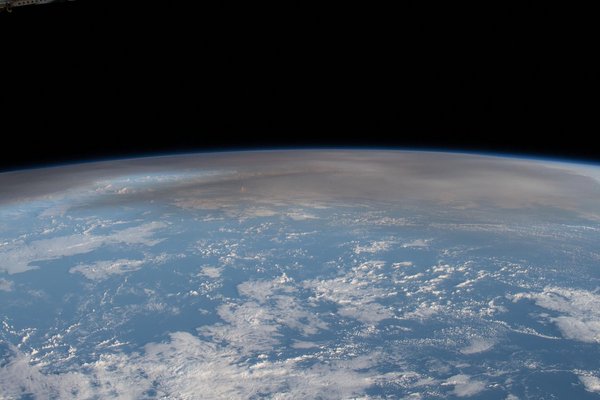
The influence of volcanic aerosol on climate depends on temperature
Stratospheric sulfate aerosol, as produced by large volcanic eruptions, cools the Earth and has been discussed as a climate engineering method.…

Improving predictions of hot summers in Europe
Hot summers in Europe can be better predicted if anomalies in the North Atlantic heat transport are properly taken into account, according to a study…

Biodiversity researcher Camille Parmesan receives BBVA Award
American ecologist Camille Parmesan received the BBVA Foundation Frontiers of Knowledge Award in the category of Climate Change and Environmental…

MPI-M celebrates its 50th anniversary with a symposium and a Senate reception
The Max Planck Institute for Meteorology celebrated its 50th anniversary with a festive symposium and a reception at Hamburg City Hall. In addition…
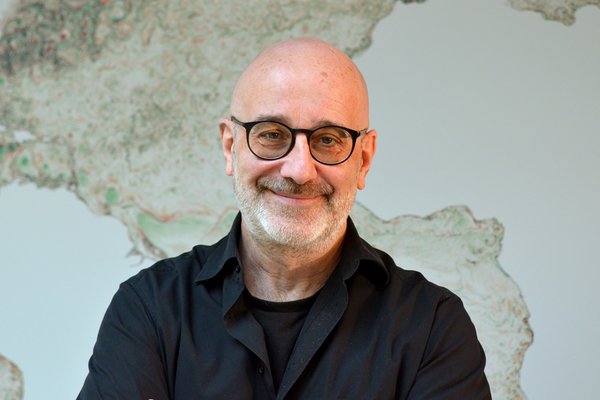
Peter Korn awarded visiting professorship at Imperial College London
Peter Korn, group leader at the Max Planck Institute for Meteorology, has been appointed visiting professor at the renowned Imperial College London.…
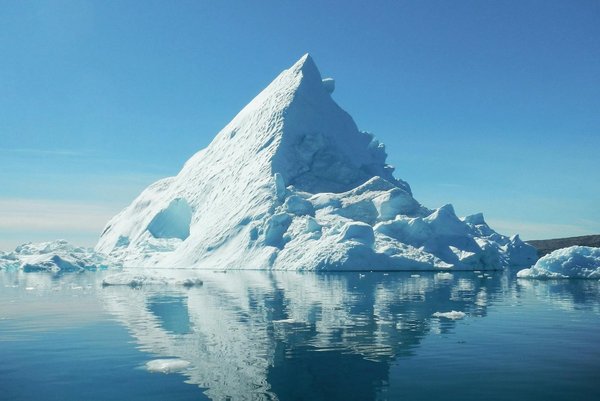
New climate model reveals the triggers of abrupt climatic changes in the past 20,000 years
Between the last glacial maximum and today, humans were exposed to severe changes of the climate: Coastal settlement areas were lost due to rising…
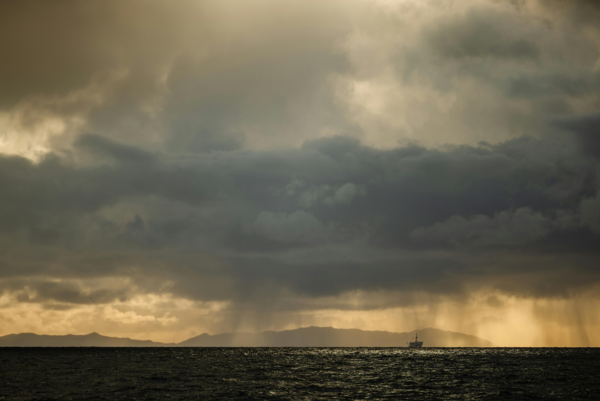
Southern Ocean warming leads to wetter Pacific coasts for centuries to come
An astonishing teleconnection originating in the Southern Ocean is causing East Asia to face wetter summers and the western USA wetter winters in the…
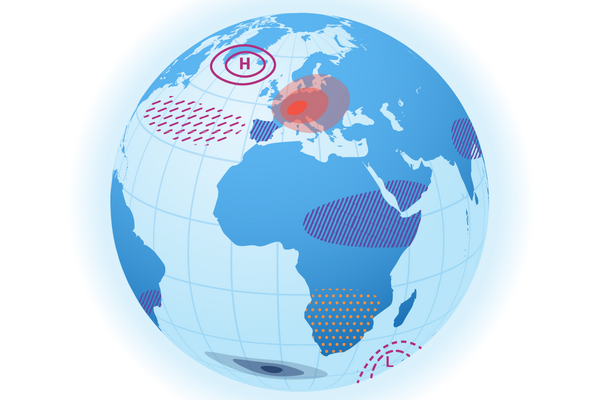
Regional climate signals pose new challenges for climate science
Climate science has correctly predicted many aspects of the climate system and its response to increased atmospheric carbon dioxide concentrations.…
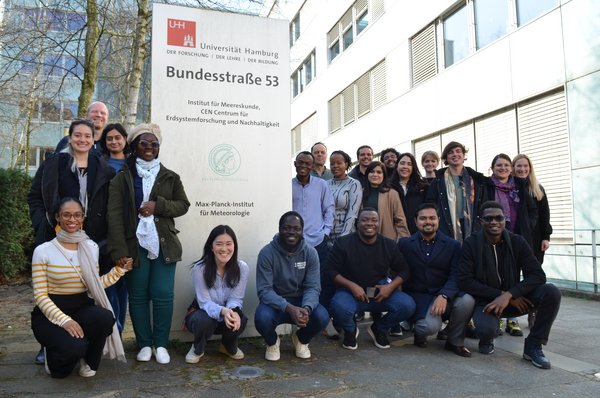
Climate Protection Fellows of the Alexander von Humboldt Foundation visit MPI-M and DKRZ
International climate and sustainability researchers have visited the Max Planck Institute for Meteorology and the German Climate Computing Center.…
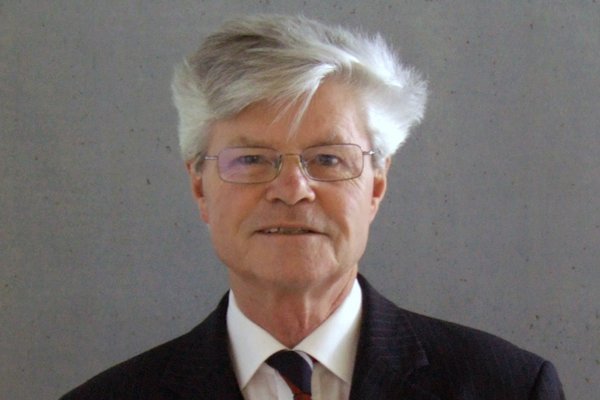
Hartmut Graßl celebrates his 85th birthday
The Max Planck Institute for Meteorology cordially congratulates its former director Hartmut Graßl on the occasion of his 85th birthday.
'I’m at a total loss for words at how hostility toward science has escalated in the U.S.'
MPI-M Director Jochem Marotzke shares his assessment of what the Trump administration's policies mean for national and international climate research…

Embracing diversity for the future of climate modeling
What's next for climate modeling? Five internationally recognized female scientists have joined forces to come up with an answer. They argue: Instead…
